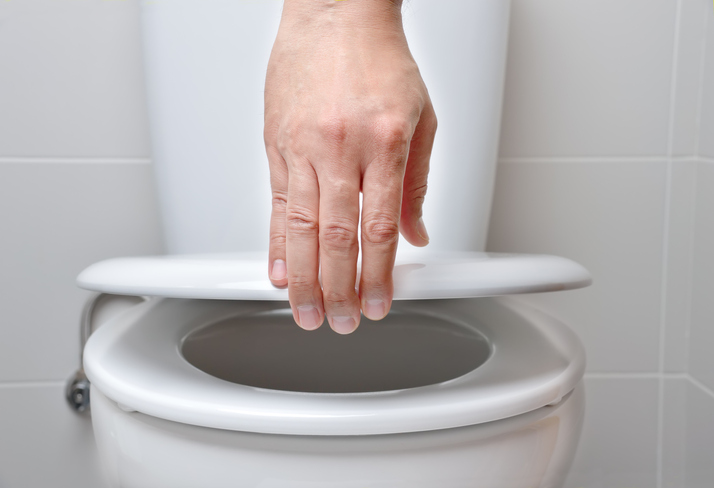AROUND 12,000 people in the UK die every year from prostate cancer, with 50,000 being diagnosed.
It’s important that you know the signs of prostate cancer, as early detection could save your life.

One in eight Brit blokes will get prostate cancer in their lifetime and many will live long lives and not experience too many nasty symptoms.
But in others, their cancer will spread, which is when the disease can turn deadly.
It doesn’t usually cause any symptoms until the cancer has grown large enough to put pressure on the tube that carries urine from the bladder out of the penis, the NHS states.
The causes of prostate cancer remain widely unknown – but there are things that up your risk of developing the cancer – such as if you have had a family member who suffered.
Experts previously warned that men in their 40s who have a family history of prostate cancer should be screened.
While there is currently no screening available for the cancer, experts say it could be available in the next five years.
When it comes to prostate cancer, there are seven key signs that you might notice when you go to the toilet.
These include:
- needing to urinate more often – particularly at night
- having to rush to the toilet
- difficulty urinating
- straining while peeing
- a weak flow
- feeling that you haven’t fully emptied your bladder
- blood in your pee or semen
While these are the main signs – they might not always mean you have prostate cancer, and if you’re worried you should speak to your GP.
With prostate cancer, it’s not always obvious that you have the illness until it has spread.
The NHS says that signs the cancer has spread include unintentional weight loss, bone or back pain, a loss of appetite and a pain in the testicles.
In the UK there is currently no screening for prostate cancer as the NHS says it’s not clear if the benefits would outweigh the risks.
While it’s one of the most common cancers – there isn’t the equivalent to regular screening – as there currently is with breast cancer screening and mammograms in the UK.
At present there is prostate-specific antigen (PSA) testing for men, but the NHS says that this is unreliable and can lead to men having treatment when they don’t need to.
Professor Ros Eeles, from the Institute of Cancer Research, said advances in medical imaging and genetics could mean that routine scans for men would be available within the next decade.
She explained that just one in 12 men with high PSA levels aged over 55 needed to receive treatment for prostate cancer.
Prof Eeles said that the other 11 could have therapy which comes with harmful side effects – all for a tumour that wouldn’t cause them any problems.






